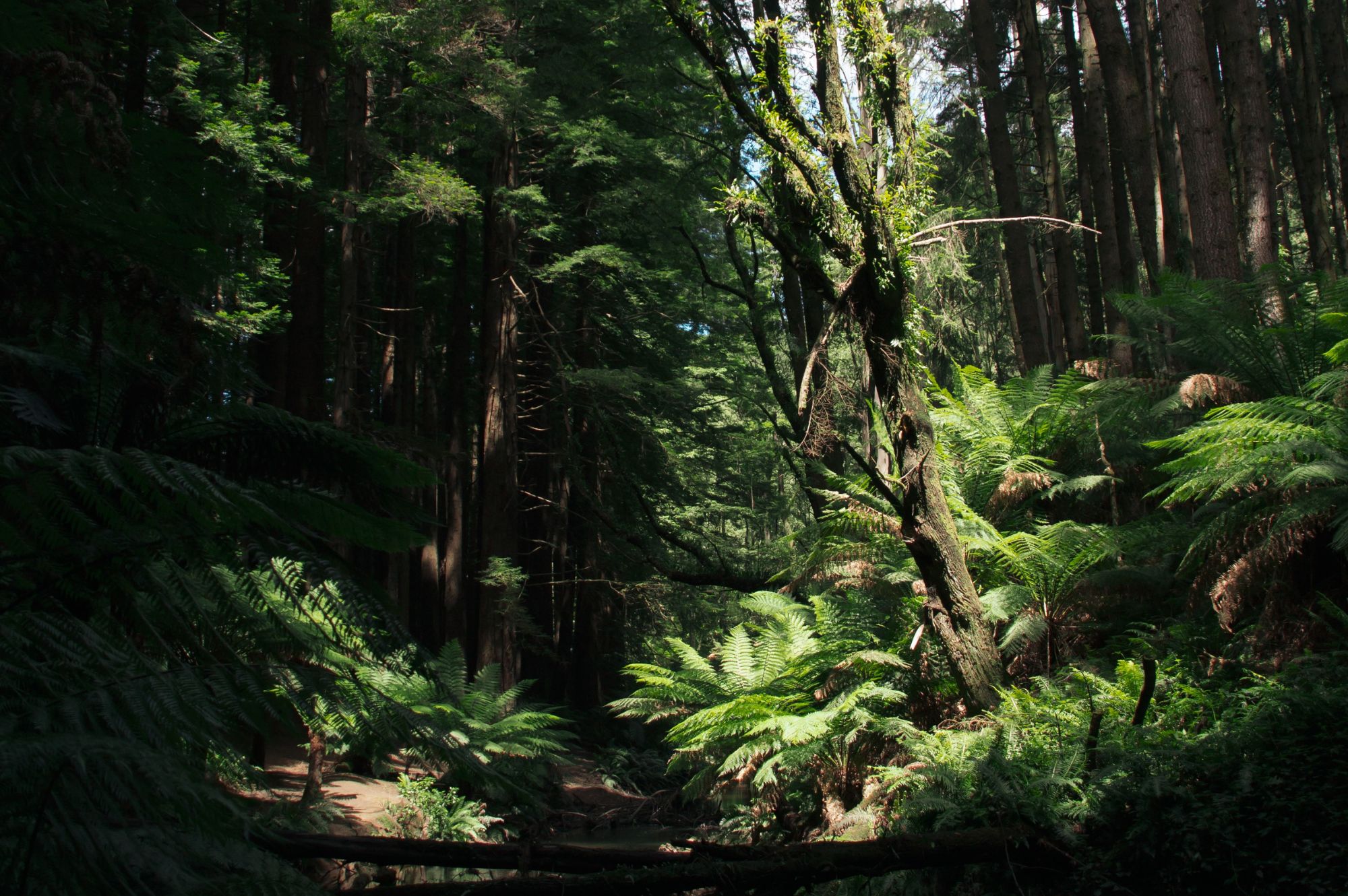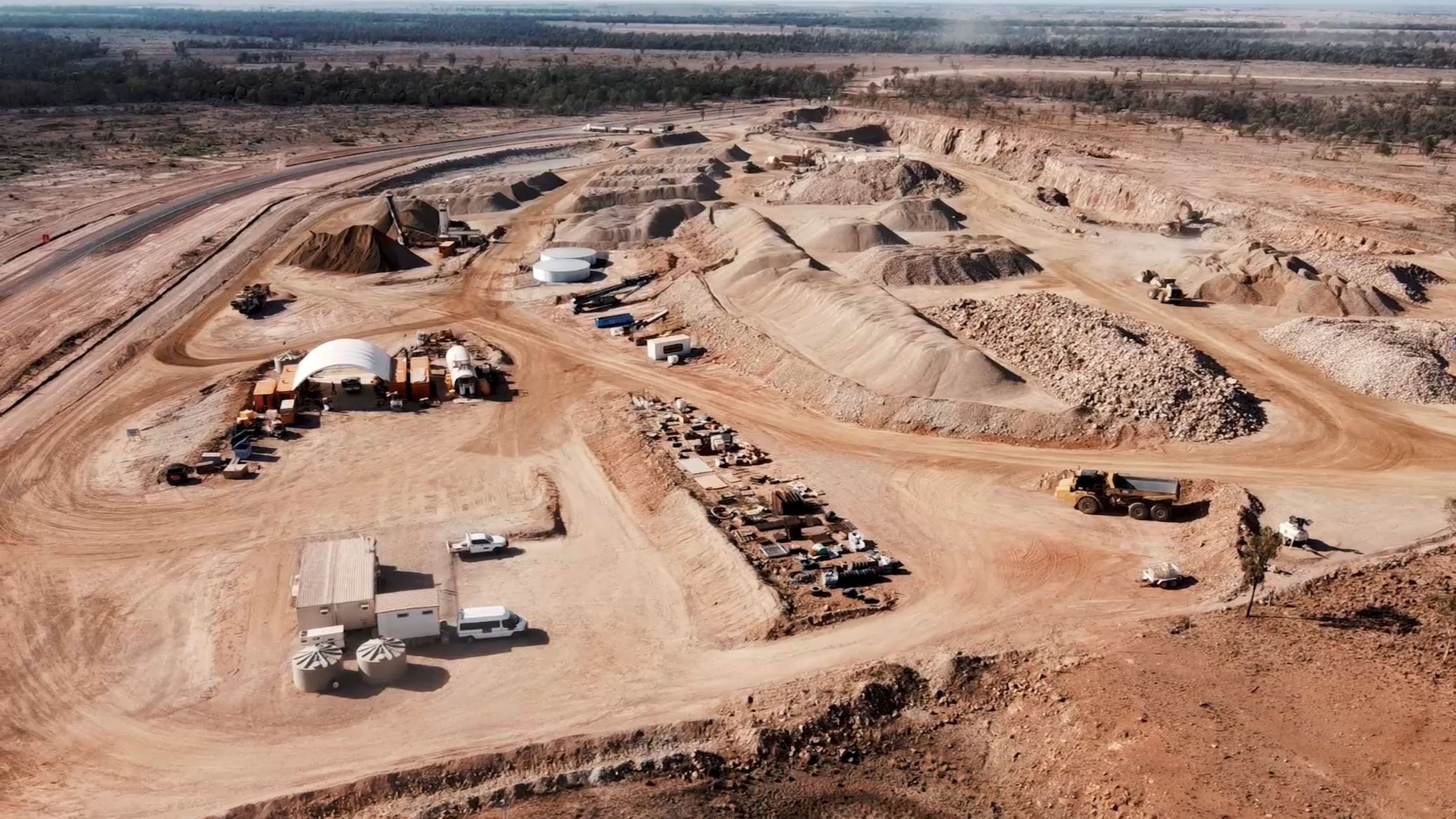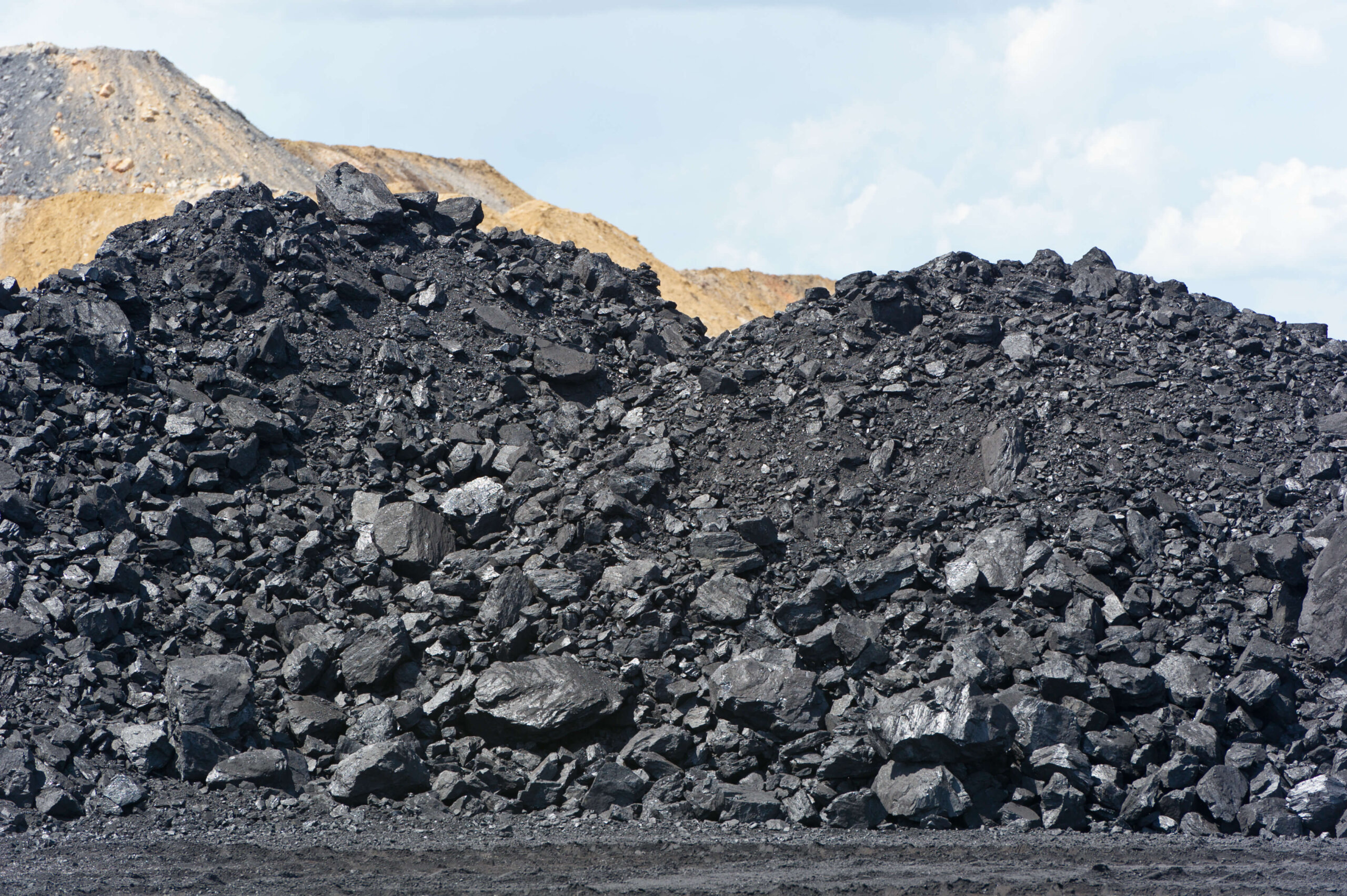Demanding action on environmental damage from Adani's Rail project
In August 2021, on behalf of our client Mackay Conservation Group, EJA lawyers lodged a complaint with the Queensland government about continued erosion and sediment pollution and potential breaches of environmental conditions on the under-construction Adani rail line.
Our client, like the farmers and communities living along the rail line, were assured that the government’s conditions would keep their environment and their livelihoods safe.
But, in light of these further breaches, we alleged that the Queensland Coordinator-General failed to monitor erosion and sediment control measures at Adani’s Rail project.

Why was this legal intervention necessary?
The Queensland Government said they would conduct ongoing monitoring of Adani’s erosion and sediment measures, but instead allowed Adani to blatantly flaunt the rules.
“Adani’s negligence and flagrant disregard for its environmental obligations is resulting in sediment-loaded water polluting neighbouring land and contaminating waterways.
With this sort of bare soil, it is common for the run-off water to become very salty and when salty water is allowed to spill out into the countryside, it contaminates the land, and can become so bad that grass and trees will die in the affected area. This is a 189 km long construction site. That’s a huge amount of potential damage being done.”
– Peter McCallum, Mackay Conservation Group

About Mackay Conservation Group
Mackay Conservation Group protects nature in the Mackay and Whitsunday region of Central Queensland.
The region covers an area of about 89,900 square kilometres (17% larger than Tasmania).
The legal intervention
In August 2021, on behalf of our client Mackay Conservation Group, we lodged a complaint with the Queensland government about continued erosion and sediment pollution and potential breaches of environmental conditions on the under-construction Adani rail line.
Our client, like the farmers and communities living along the rail line, were assured that the government’s conditions would keep their environment and their livelihoods safe. But, in light of these further breaches, we alleged that the Queensland Coordinator-General failed to monitor erosion and sediment control measures at Adani’s Rail project.
We sent a legal complaint to the Queensland government asking them to urgently investigate if Adani is breaching their conditions and hold them accountable to protect our communities, air, water and wildlife.
Acting for Mackay Conservation Group, we lodged the complaint with the Queensland Coordinator General and Deputy Premier and Minister for State Development Stephen Miles. The complaint detailed continued erosion and sediment pollution and potential breaches of environmental conditions on the under-construction Adani rail line.
Mackay Conservation Group was concerned the Queensland Government had failed to carry out commitments it made to monitor Adani’s erosion and sediment control measures in response to an independent investigation triggered by an MCG pollution incident report previously lodged with the Coordinator General.
The investigation recommended the Queensland Government undertake regular site inspections, audits and water quality monitoring on the Adani rail corridor.
We wrote to both the Coordinator-General and Deputy Premier Steven Miles with allegations of the breach. Our letter included information and evidence provided by two separate sources within the previous month that raised credible and serious concerns that the erosion and sediment control conditions imposed on the Adani rail project by the Coordinator-General at both the Environmental Impact Statement (EIS) and State Development Area (SDA) approval phases were not being adhered to by Adani’s contractors.
Our submission also included several photographs captured from drones showing water moving across and beyond uncovered and disturbed soils along the rail corridor.

Mackay Conservation Group called on the Queensland government to stop work on Adani’s rail line and investigate fresh erosion control breaches and sediment pollution.
In June 2021, Mackay Conservation received information that no erosion and sediment controls were in place on a section of Adani’s rail line, resulting in sediment pollution after recent wet weather. Fresh photos and footage of the site confirm widespread erosion and sediment control failings on the Adani rail line between Serpentine Creek and Chainage 2660.
The Office of the Queensland Coordinator General told the ABC, “there will be continuing monitoring by the Office of the Coordinator-General to ensure full compliance,” but evidence provided in Mackay Conservation's complaint detailed extensive areas of the rail corridor where no erosion and sediment control measures were in place, raising serious doubts about whether monitoring had occurred at all.
Erosion and sediment control failings on the site included:
- A 2km stretch of land with disturbed, uncovered, light soils susceptible to erosion without any or appropriate sediment controls in place.
- Large amounts of turbid water ponding on the rail line without sediment traps on water entry and exit points, leading to a high risk of contaminated water running off and affecting neighbouring land and waterways.
- No, or grossly inadequate, controls in place to prevent the water from running across the corridor and into the surrounding land and waterways.
- Areas where it is clear that erosion has occurred, and water and sediment have broken through the inadequate bunding on the rail line, leading to water and sediment running onto the neighbouring land.
Tom Crothers, a soil erosion expert and former General Manager for Water Allocation and Planning in the Queensland Department of Environment, reviewed photos and footage of the site and raised concerns about a lack of erosion and sediment control measures. Mr Crothers was able to identify several locations where sediment pollution had spilled from the rail corridor and onto the surrounding land.
Wet weather on the Adani rail line and a predicted early start to the wet season also raised concerns that further environmental damage caused by Adani’s poor practices was imminent if no action was taken by the Queensland Government.


